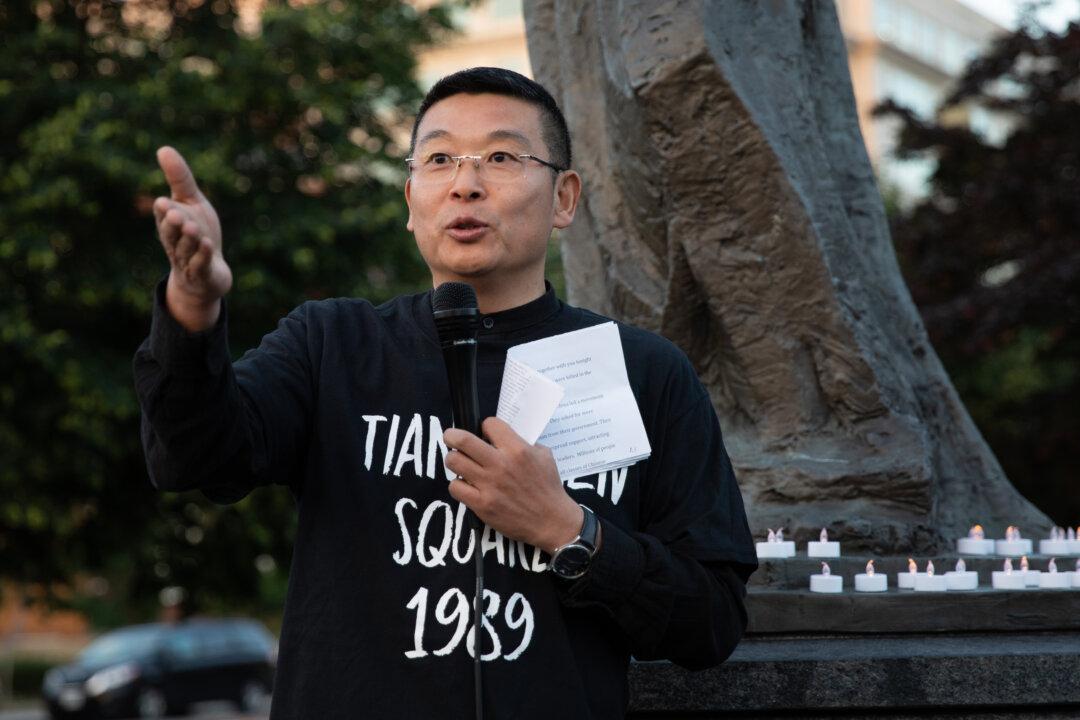A nonprofit U.S. group seeking democratic reforms in China asked the Supreme Court on March 1 to protect the identities of its members and donors because actions by the Chinese Communist Party (CCP) could have lethal consequences.
“The liberties that the First Amendment expressly guarantees depend on a vigorous protection of the auxiliary freedom of association. Blanket donor-disclosure regimes like California’s create an intolerable risk of exposure and thus severely abridge that freedom,” First Liberty Institute FLI) attorneys representing Washington-based Citizen Power Initiatives of China told the high court in an amicus curiae brief made available to The Epoch Times.





